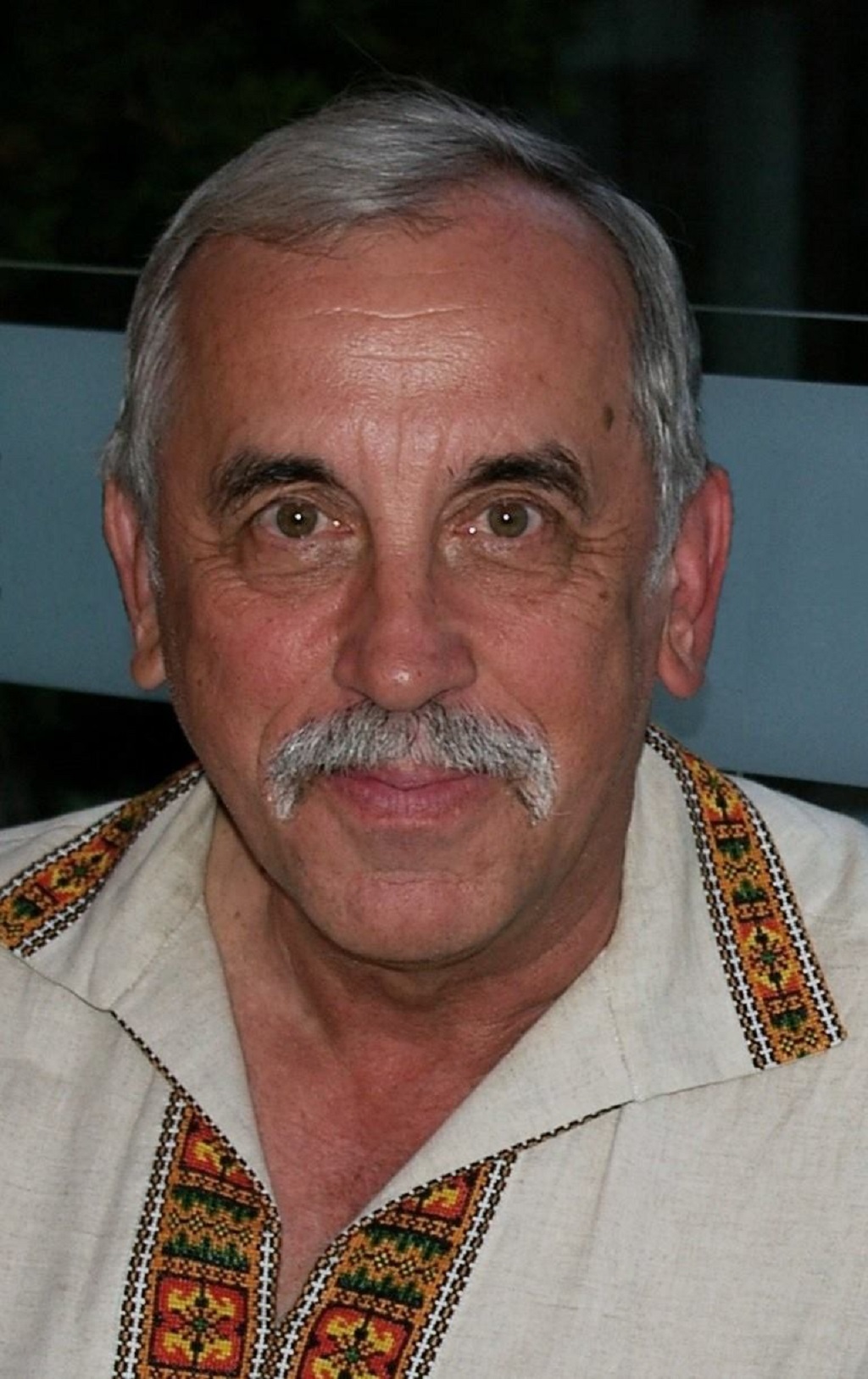Volodymyr Kish.
Last week, Ukraine’s parliament finally managed to cobble together enough votes to pass a long-awaited language law (Bill 5670-D) that makes Ukrainian the state’s official and only language. Of the 423 eligible members of the Verkhovna Rada, 278 voted for the law, 38 voted against, 7 abstained and the remainder did not cast a ballot. Outgoing President Petro Poroshenko is expected to officially sign the new legislation into effect before he leaves office in the coming weeks.
The new law will require that all official government communication and provision of public services be done in the Ukrainian language. However, it goes much further than that and stipulates minimum Ukrainian content in film, TV, publications and various forms of media. For example, it requires that 90% of TV and film production in Ukraine be in the Ukrainian language, as well as 50% of all books, print and published hard-copy media. The law also requires that all applicants for Ukrainian citizenship must pass a Ukrainian language test. Included in the law’s provisions, is the establishment of the post of a Commissioner for the protection of the state language.
One should note that the law does not ban the use of other languages, such as Russian. It does however, require that all government and government funded institutions must ensure that Ukrainian is the first option presented to the public. There are exemptions for religious institutions, for members who have served in the military and for certain artistic and cultural presentations and events. The law also gives special status to the English language, as well as the official languages of the European union, reinforcing Ukraine’s move away from Russia and towards Europe and the West.
The language issue has been especially contentious ever since Ukraine became independent after the break up of the Soviet Union. Current statistics show that some 46% of Ukraine’s citizens speak Ukrainian as their primary language, 28% use Russian, and some 25% speak both with equal frequency and fluency. The main problem arises from the fact that Russian speakers tend to predominate in the world of business, government and the media, a leftover effect from the Soviet era, when Russification held sway, and Russians were disproportionately represented in the corridors of power, both political and economic. As a result, the Russian language has tended to dominate the public arena, much to the dismay of the majority Ukrainian population. Even now, twenty-eight years after independence, many Ukrainians have trouble navigating the demands of daily life without having to switch to using Russian. The problem is particularly acute in the print, TV, film and internet media where the Russian language still dominates.
Obviously, it will take some time for the Ukrainian language to reassert itself in the public domain, and the law does provide for transitions periods before the full impact of its requirements come into effect.
All in all, the legislation is fairly balanced, though understandably, the more nationalistically inclined are claiming it does not go far enough, whereas the more Russophile elements of Ukraine’s population are decrying it as being extremist. Predictably, Russian authorities are condemning the new law as is Hungary, whose ultra-nationalistic government is claiming it violates the human rights of ethnic Hungarians living in the Zakarpatia region of southwest Ukraine. Hungary is threatening to block Ukraine’s negotiations on joining NATO if the language law is enacted.
Canada, of course, is no stranger to the controversies surrounding official languages. Canada’s own Official Languages Act passed in 1969, did not come about without a lot of debate, protests and resistance. There are some obvious parallels between the two largest linguistic blocs in Canada and Ukraine. Some 21 % of Canadians have French as their primary language compared to 28 % of native Russian speakers in Ukraine. Canada has both English and French as official state languages, though Ukraine has given official status only to Ukrainian.
The reasons and justification for this come from a very different historical context. Canada came into being by the amalgamation of two distinct “founding” nations, the French and the English whose settlements in Canada date back over four hundred years. Eventually, through a process of Confederation, the two united by mutual agreement into a unitary state.
In the case of Ukraine, its peoples were subjugated by conquest by the Russians, who forcibly imposed their rule and their language upon them. Although the Russians have always been a minority within Ukraine, they succeeded by brute force in Russifying a significant proportion of the native population and imposed a brutal policy of cultural genocide on all aspects of Ukrainian culture. It is not unreasonable, therefore for Ukrainians to try and reassert the primacy of their native tongue and try and strengthen their linguistic and cultural identity through legislative means. The law is definitely not anti-Russian as much as it is pro-Ukrainian. The Ukrainian language needs to take its proper place in the Ukrainian state.
Share on Social Media


































